Testing and Analysis of GMO-containing Foods and Feed
An increasing number of genetically modified organisms (GMOs) continues to be produced every day. In response to the concerns raised by the development of GMOs and their incorporation in foods and feed, guidelines and regulations to govern and control the use of GMOs and their products have been enacted. These regulations necessitated the design of methods to detect and analyse the presence of GMOs or their products in agriculture produce, food and feed production chains. Design of techniques and instruments that would detect, identify, and quantify GM ingredients in food and feed will help inspection authorities to relay reliable information to consumers who might be concerned about the presence of GM ingredients. Information generated by detection of GMOs in food and feed would be helpful for setting regulations that govern the use of GM components as well as for labeling purposes. Qualitative detection methods of GM-DNA sequences in foods and feeds have evolved fast during the past few years. There is continuous need for the development of more advanced multi-detection systems and for periodic updates of the databases related to these systems. Testing and Analysis of GMO-containing Foods and Feed presents updates and comprehensive views on the various methods and techniques in use today for the detection, identification and quantification of GMOs in foods and feed. The eleven book chapters cover recent developments on sample preparation techniques, immunoassays methods and the PCR technique used in GMO analysis, the use of biosensors in relation to GMO analysis, the application of nucleic acid microarrays for the detection of GMOs, validation and standardization methods for GMO testing, in addition to the type of reference material and reference methods used in GMO testing and analysis. Some of the ISO standards designed for identifying and detecting the presence of GM material in foods are also presented in the book.
{{comment.content}}

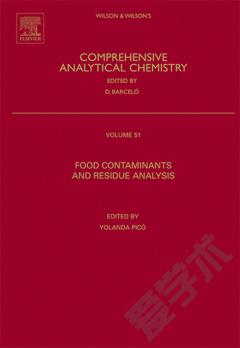

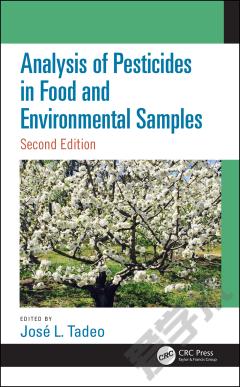
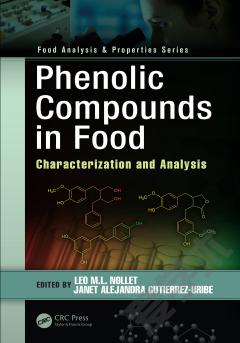
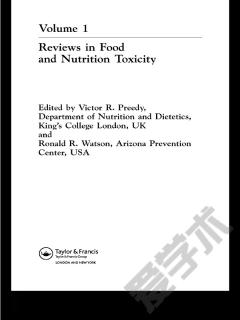
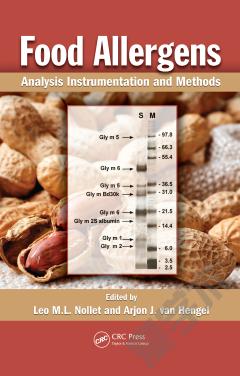

 京公网安备 11010802027623号
京公网安备 11010802027623号